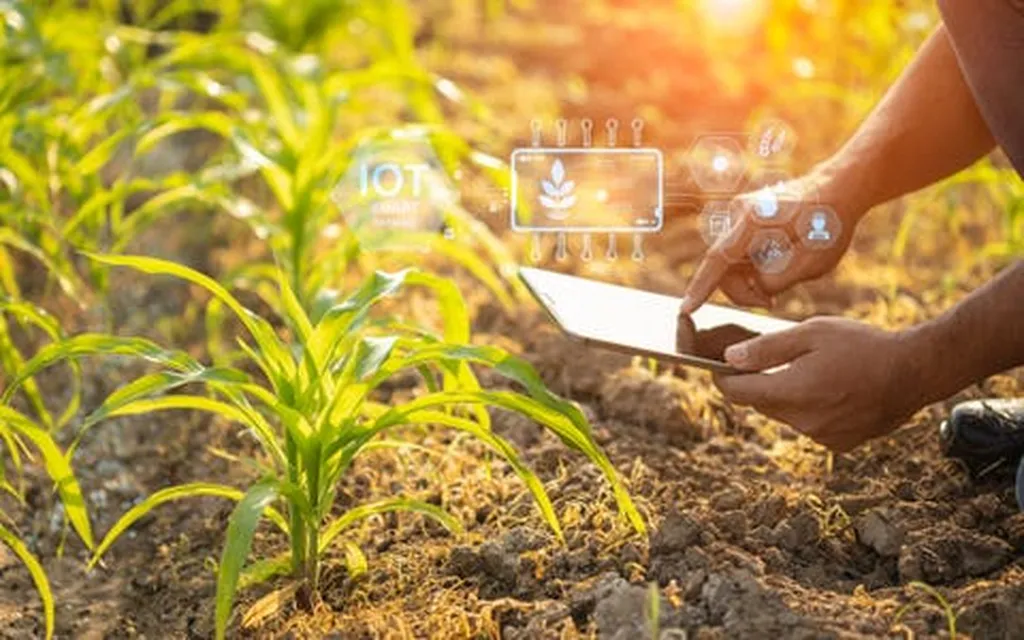In the rapidly evolving landscape of smart agriculture, researchers are harnessing the power of advanced technologies to revolutionize soil moisture forecasting, a critical component of modern farming practices. A recent comprehensive review published in *Sensors* sheds light on the latest advancements in artificial intelligence (AI) techniques for soil moisture (SM) prediction, offering valuable insights for both researchers and practitioners in the agriculture sector.
The study, led by Md Babul Islam from the University of Calabria, provides a structured framework for understanding the current state of SM forecasting. By analyzing 68 peer-reviewed studies published between 2017 and 2025, the research offers a detailed taxonomy of existing approaches, including traditional machine learning, deep learning, and hybrid models.
One of the key findings of the review is the increasing adoption of soil sensors and local weather data in conjunction with AI-based models for SM forecasting. This integration allows farmers to make more informed decisions regarding irrigation, ultimately improving field management and conserving water resources. “Accurate forecasting of soil moisture is crucial for optimizing water use and enhancing crop productivity,” explains Islam. “Our review highlights the significant advancements in AI techniques that are making this possible.”
The study also identifies several promising research directions, such as the application of TinyML for edge deployment, explainable AI for improved transparency, and privacy-aware model training. These innovations have the potential to make SM forecasting systems more accurate, scalable, and trustworthy, thereby advancing the field of smart agriculture.
For the agriculture sector, the implications of this research are substantial. As water scarcity becomes an increasingly pressing issue, the ability to forecast soil moisture with high accuracy can lead to more efficient water management practices. This, in turn, can result in significant cost savings for farmers and contribute to environmental sustainability.
Moreover, the integration of advanced AI techniques into smart agriculture systems can enhance overall productivity and profitability. By leveraging real-time data and predictive analytics, farmers can optimize their operations, reduce waste, and improve crop yields. “The future of agriculture lies in the seamless integration of technology and traditional farming practices,” says Islam. “Our review aims to provide a roadmap for researchers and practitioners to navigate this exciting and rapidly evolving field.”
As the agriculture sector continues to embrace digital transformation, the insights provided by this comprehensive review will be invaluable. By staying at the forefront of technological advancements, farmers and researchers can work together to build a more sustainable and productive future for agriculture. The study, led by Md Babul Islam from the DIMES, University of Calabria, was published in the journal *Sensors*.

